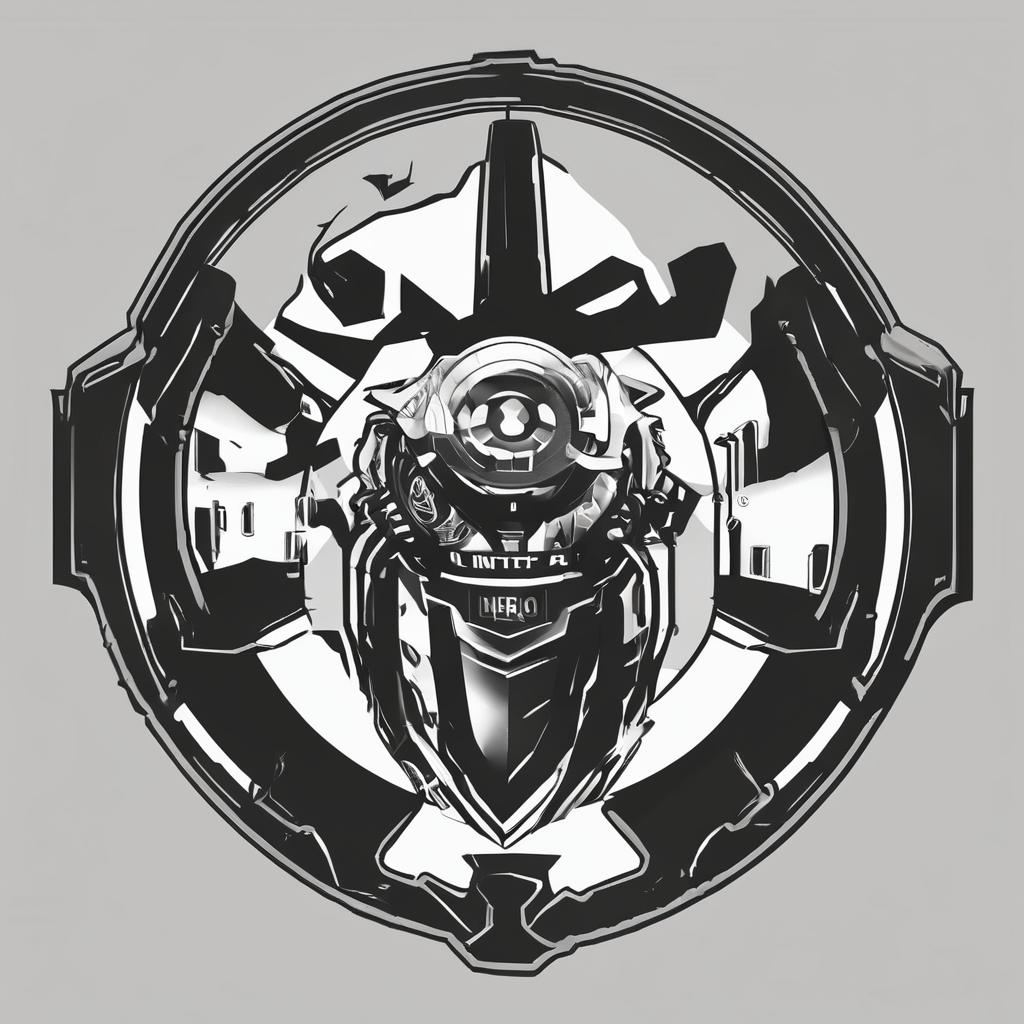The world of car insurance can be a complex maze for many drivers. With so many options and terms thrown around, it can be difficult to understand exactly what coverage is best for you and your motor vehicle. The two main types of car insurance in the UK are third-party and comprehensive insurance. But what do these terms mean and how do they differ? In this article, we will break down the differences between the two, helping you to make an informed decision when it comes to insuring your car.
Understanding Third-Party Insurance
Third-party insurance is the minimum level of coverage required by law in the UK. It offers protection against the damage you might cause to other people, their vehicles, or property. It is designed to ensure that if you are at fault in an accident, the other party’s costs can be covered. However, it’s important to note that third-party insurance does not offer any protection for your own vehicle.
In parallel : How to navigate the complexities of car leasing agreements in the UK?
Third-party insurance is usually the cheapest option and is often chosen by younger drivers or those with older vehicles. However, it’s crucial to remember that while it might save you money in premiums, it could cost more in the long run if your vehicle is damaged and isn’t covered.
Third-Party, Fire and Theft
While we’re on the topic of third-party insurance, it’s worth mentioning third-party, fire and theft (TPFT) policies. This is essentially an extension of third-party insurance, with added protection against damage or loss to your vehicle due to fire or theft.
In parallel : What are the key maintenance tips for preserving classic cars in the UK’s humid climate?
Although slightly more expensive than basic third-party insurance, TPFT can provide peace of mind for those concerned about these specific risks. However, TPFT still does not provide cover for any damage to your vehicle in an accident that you cause.
Comprehensive Car Insurance Explained
On the other end of the spectrum, we have comprehensive car insurance. As the name suggests, this type of insurance provides the most extensive coverage, covering not only third-party liability but also any damage to your own vehicle, regardless of who is at fault in an accident.
Comprehensive insurance can also include features like windscreen cover, personal accident cover, and cover for personal belongings inside the car. Some policies might even offer courtesy cars while yours is being repaired. This level of cover is typically more expensive, but it offers the greatest peace of mind when it comes to protecting your vehicle.
Choosing the Right Cover for You
The choice between third-party and comprehensive insurance largely depends on your personal circumstances, vehicle, and driving habits. If you drive an older vehicle and are confident in your driving skills, third-party insurance might be sufficient. However, if your car is new or high-value, comprehensive cover could be a wise investment.
It’s also important to consider additional factors, such as whether you often carry valuable items in your car or regularly drive in high-risk areas. Remember, the cheapest policy isn’t always the best. Sometimes, paying a little extra for comprehensive cover could save you a significant amount of money and stress in the long run.
The Impact of Your Decision
Your choice of insurance cover can have far-reaching implications. While third-party insurance can keep your premiums low, it leaves you vulnerable to substantial financial risk if your car is damaged in an accident you cause. Comprehensive insurance, though more expensive, offers a much wider safety net, which can be invaluable in the event of an accident.
Keep in mind that the cost of insurance should never be your only consideration. Always balance cost against the benefits and peace of mind that different levels of cover can provide. By understanding the differences between third-party and comprehensive car insurance, you can make a more informed decision that meets your specific needs and circumstances.
Remember, staying informed and making smart choices about your car insurance can help protect you, your vehicle, and your financial wellbeing.
How to Choose the Right Insurance Policy
Choosing the right insurance policy can seem overwhelming, given the numerous options available. It is crucial to assess your needs and circumstances before making a decision. Consider things like the age, value, and condition of your vehicle, your driving habits and skills, and the areas where you commonly drive.
For instance, if you’re a cautious driver with a lower-value car, third-party insurance might suffice for your needs. It’s a cost-effective solution that covers the legal requirement and provides protection against any damage you may cause to others. However, keep in mind that this policy will not cover any damage to your vehicle caused by an accident that is your fault.
On the other hand, if you own a high-value car, regularly carry valuable items in your car, or frequently drive in high-risk areas, a comprehensive policy might be more suitable. It provides a broader cover, including damages to your car, personal belongings, and even medical expenses. Yes, it is more expensive, but the higher premium pays for a greater sense of security and peace of mind.
Bear in mind that insurance companies offer different packages. It is wise to compare quotes from various providers before making a decision. Look beyond the price; consider the coverage, exclusions, and the insurance company’s reputation and customer service.
Conclusion: Making the Right Choice
Choosing between third-party and comprehensive car insurance can be a challenging decision. It’s about finding the right balance between cost and coverage. While third-party insurance may initially seem like the more affordable option, it provides limited cover and could leave you exposed to hefty costs in the event of an accident.
On the flip side, comprehensive insurance, though more expensive upfront, offers broader coverage that could save you substantial costs in the long run. It incorporates third-party liability and also provides extensive protection for your car, even if you cause the accident.
At the end of the day, the best insurance coverage is one that offers sufficient protection at a price you can afford. It’s an investment in your peace of mind, knowing that you’re covered in the event of an accident. Remember that a well-informed decision is one based on understanding your needs, the specifics of each policy, and the potential impact of your choice.
In the world of car insurance, knowledge truly is power. The more you understand about third-party and comprehensive insurance, the better positioned you’ll be to make a choice that protects both your vehicle and your financial wellbeing.






